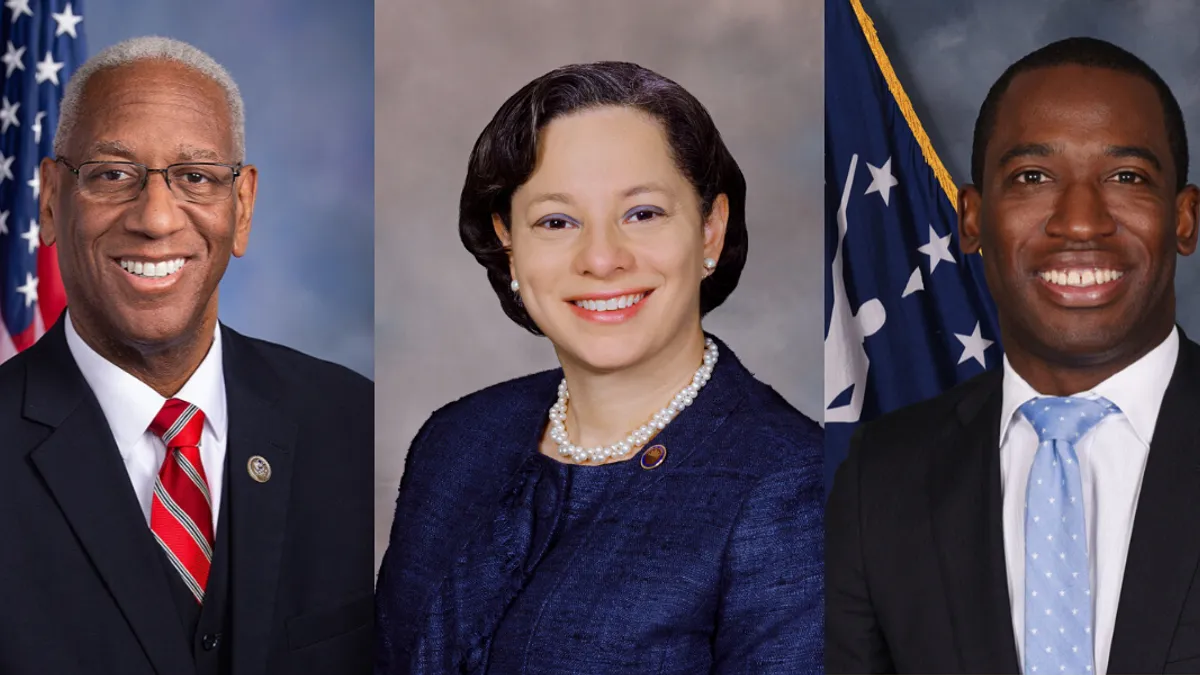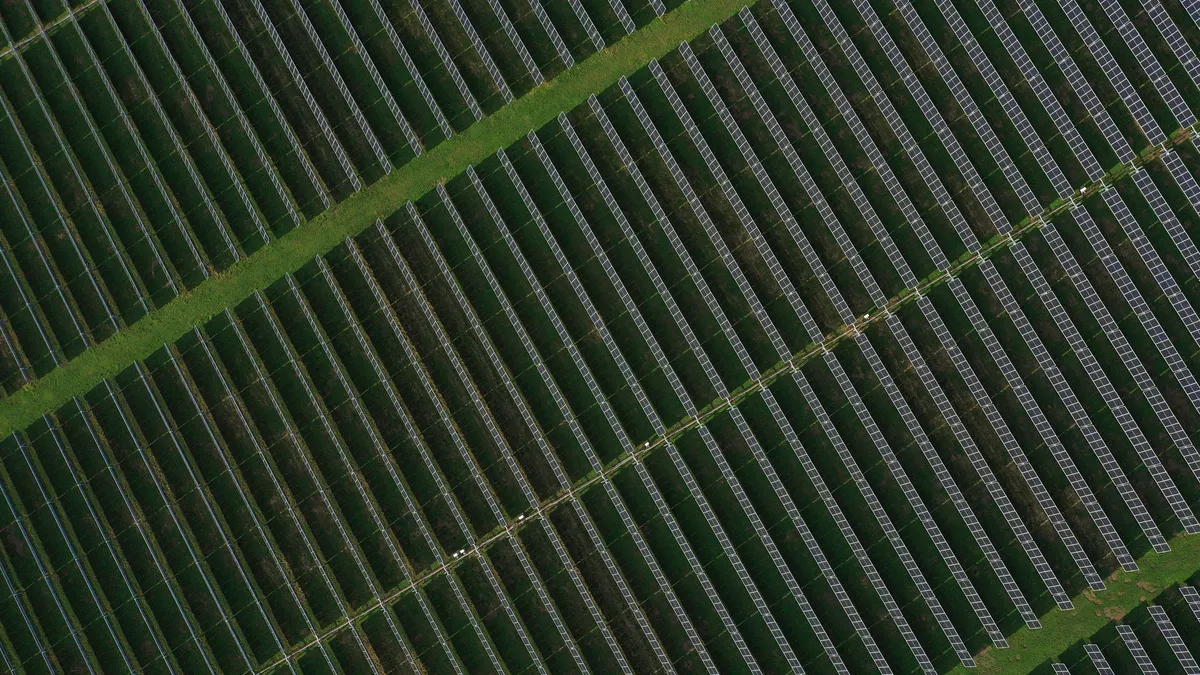The following is a contributed article by U.S. Rep. Donald McEachin, D-Va., Virginia State Senator Jennifer McClellan, D-Richmond, and Richmond, Va. Mayor Levar Stoney, also a Democrat.
For too long, energy policies across Virginia have been behind the times. Outdated regulations have historically been unfair to consumers and impediments to innovative technologies — all while public opinion polls show that Virginians overwhelmingly want electric power that is cleaner, cheaper and built for tomorrow.
We, as elected officials from the federal, state and local level, collectively pledge to make 2020 the year our communities in and around Richmond, and the Commonwealth as a whole, turns the corner to a cleaner, better future.
In our time in public service, we have seen firsthand how Virginia communities have paid the price for inaction on climate change — particularly low-income communities and communities of color, which have historically faced disproportionate health and economic impacts from pollution.
This, on top of President Donald Trump’s disregard for internationally recognized agreements like the Paris Climate Accord, makes it even more vital to take action on these investments sooner rather than later.
We need to take significant steps to cut carbon emissions and invest in cleaner forms of energy. And we need to start doing so right now. Here’s how we’re going to do it:
Here in Richmond, Mayor Stoney’s administration has voluntarily adopted the Paris Climate goals on the municipal level with the announcement and expansion of RVA Green 2050. This initiative is intended to create a healthier, more vibrant, economically competitive and resilient community while increasing investments in clean energy sources, paving the way to an 80% reduction in greenhouse gas emissions by 2050.
In the U.S. Congress, Rep. McEachin recently announced the 100% Clean Economy Act of 2019, a bill that will eliminate climate pollution and put the United States on a path to an energy economy completely comprised of clean solutions by 2050. This plan has the support of over 150 colleagues in the U.S. House of Representatives — including six members of Virginia’s Congressional delegation.
And most recently, Sen. McClellan announced her patronage of a bill called the Virginia Clean Economy Act being considered now in the General Assembly, which would create tens of thousands of in-state clean energy jobs, make power less expensive and transition Virginia’s entire electric grid to 100% clean energy by 2050.
The Virginia Clean Economy Act will achieve its goals through specific year-by-year benchmarks. This plan sets a goal of having at least 73% of Virginia’s electricity coming from clean sources like wind and distributed solar in the next 15 years, setting the stage for a 100% standard just 15 years later.
All of these plans at each level of government emphasize three overarching and interconnected components: economic development, consumer protection and fighting climate change.
On economic development, Virginia is already in a strong position. Today more than 100,000 people are employed by Virginia’s wind, solar, efficiency and other advanced energy industries — that’s 10 times the number employed by Virginia’s two largest utilities, according to the clean energy coalition Advanced Energy Economy. In the Virginia Clean Economy Act, for example, strategic investments in clean energy resources could net up to 13,000 new jobs per year.
Renewables are also becoming steadily cheaper, which makes them the perfect tool to help reduce the energy burden on Virginia families. Recently, the Virginia Poverty Law Center presented Vibrant Clean Energy’s analysis of consumer benefits that result when states invest in renewables and low-income bill assistance programs. Economic predictions have average Virginia families saving up to $3,500 if Virginia began a pathway to zero emissions by 2050.
Plans like these protect our natural resources to fight climate change, dramatically cut carbon emissions, and protect Virginia’s coastal communities by combating erosion and destruction on shorelines.
Climate change is a global problem, but the fight to combat it begins right here at home. In the absence of leadership from the White House, communities, businesses, advocacy organizations and elected officials at every level need to commit to ambitious action right now.
In our communities, it’s all hands on deck. The three of us are proud to work together to make Virginia a leader in this fight by investing in new technologies to cut air pollution and electricity bills for families in every corner of the Commonwealth.






















